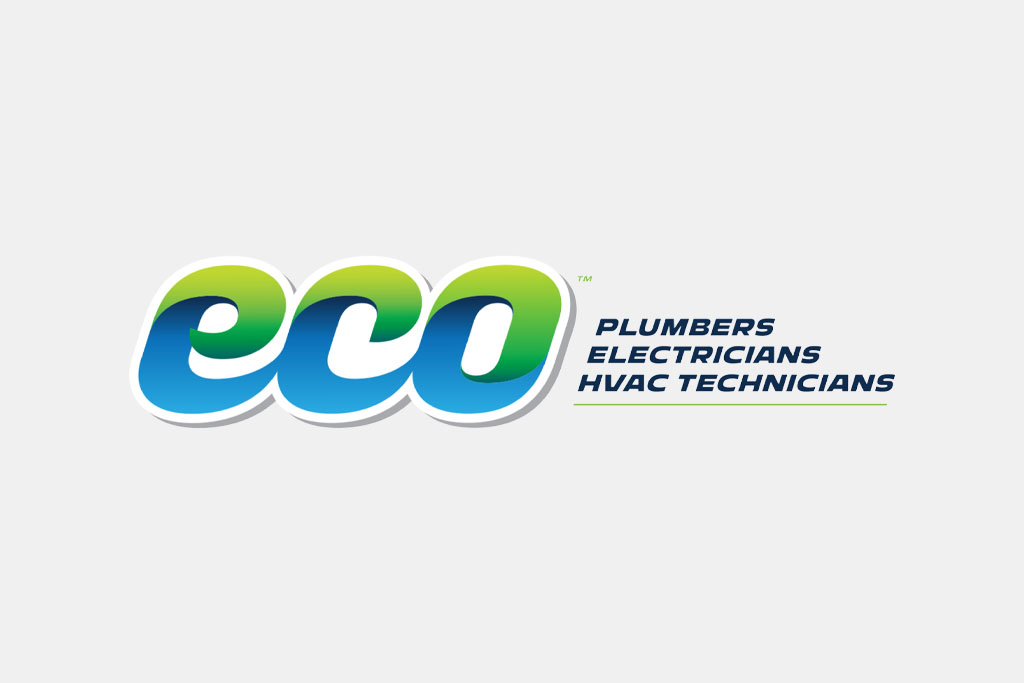Saltwater affects more than boats and homes on the coastline. Brackish water, flooding, and other sources of saltwater exposure can leave homes and businesses’ plumbing in a corrosive environment. If you live near the coast, check exposed piping routinely for saltwater corrosion and invest in corrosion resistant materials for repair work.
If in doubt, call a professional plumber to look at your pipes.
Copper Piping and Saltwater Corrosion
Copper is one of the least resistant metals to salt-related corrosion. Over time, copper pipes will turn bluish-green with exposure and eventually crumble away. Galvanized steel and cast iron are more resistant to saltwater corrosion, but exposure over time can still cause damage.
Plastic, which is commonly used in plumbing today, is one of the most resistant materials when it comes to saltwater corrosion. When you purchase a home, identify plumbing materials early so you know where to look in the event of saltwater exposure or unidentified leaks.
Signs of Saltwater Corrosion
Exposed copper piping that starts to corrode and turn blue-green may indicate a need to evaluate your system. If you notice red or brown tinged water coming out of your faucets, that could indicate saltwater related corrosion in steel and iron piping.
Have your system inspected by a professional Columbus plumber if you notice red-tinged laundry or discolored water that doesn’t go away. While this can sometimes be caused by sediment in the line, it can also be an indication of severe corrosion problems.
What to Do if Your Plumbing Has Been Exposed to Saltwater
Depending on the material that has been exposed, you may need to immediately take action to prevent damage to your overall plumbing system. To remove saltwater from pipes, the whole system needs to be flushed and then pumped on the inside. Clean exposed pipe must on the outside. Without proper flushing, salt can remain in your plumbing system and will slowly eat away at the metal.
In addition to your plumbing, check appliances after saltwater exposure. Salt will continue to do damage even after it dries, so thorough cleaning is very important. Some appliances and piping may need to be replaced entirely, particularly if you are working in post-flood conditions. Saltwater conducts electricity more easily than freshwater, so seek professional help if you are concerned about a potential electric shock.
Will Epsom Saltwater Baths Cause Damage to My Pipes?
Epsom salt has amazing restorative health benefits and are very unlikely to harm your home’s plumbing system, so don’t worry about the occasional salt-bath additives going down the drain. Your only concern should be for prolonged salt exposure in natural disasters.
Should Saltwater Be a High Concern for Homeowners Near the Coast?
If you haven’t experienced saltwater flooding in your home, the chances of salt causing significant damage to your plumbing is slim. It is always a good idea to ask your local plumber about materials and the risk of saltwater corrosion, but most newer homes are protected against saltwater corrosion damage in the plumbing.
If you are experiencing salt water corrosion, don’t hesitate to contact The Eco Plumbers. We are the professionals that you can trust with all of your plumbing needs!












